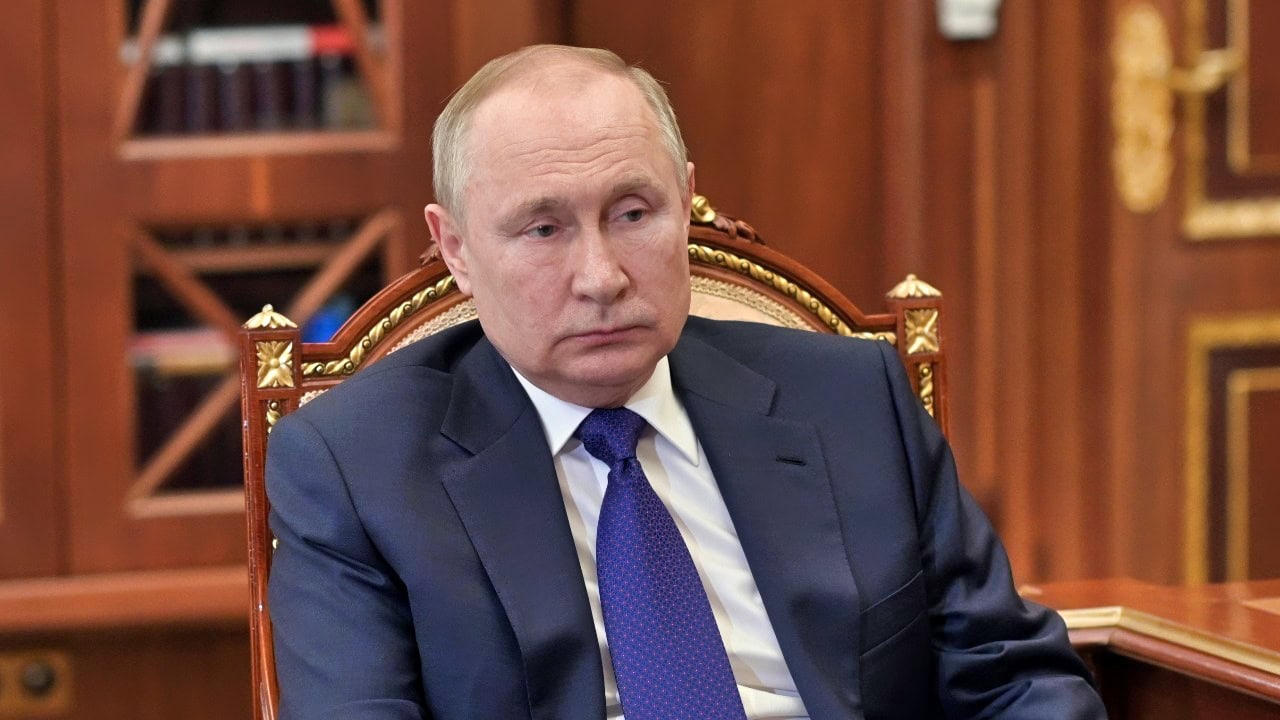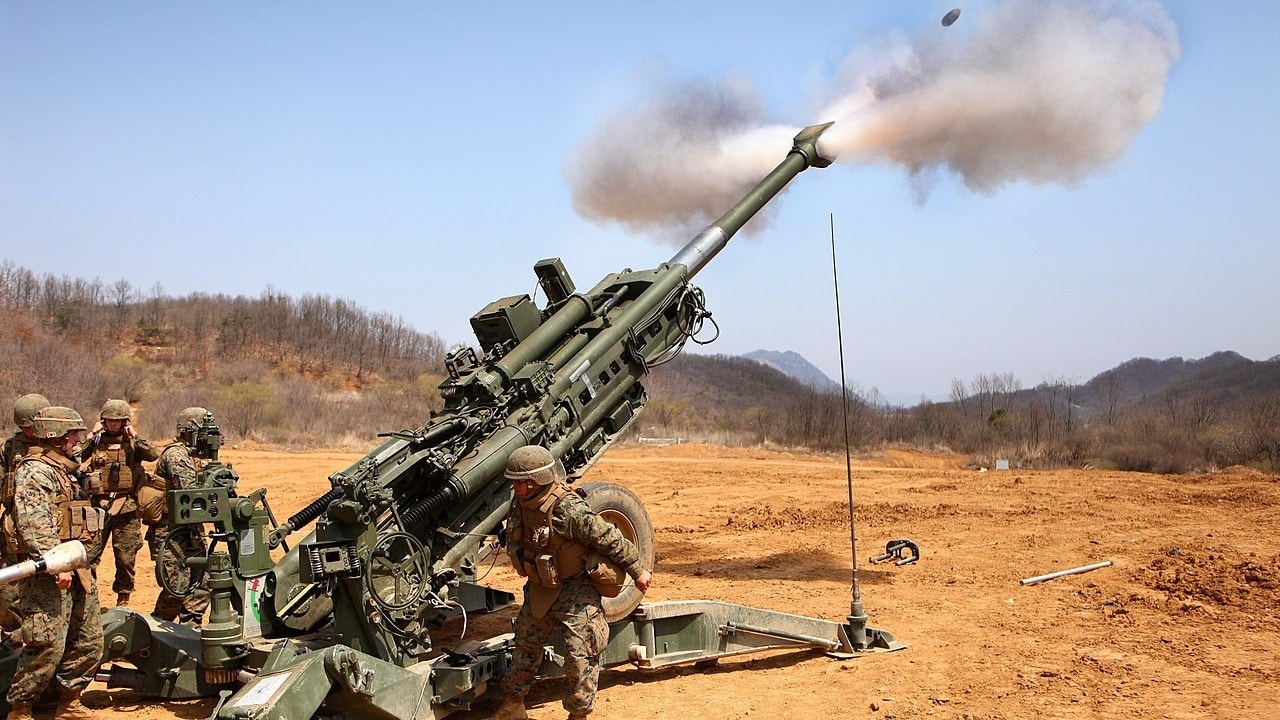Partition Ukraine? Special Envoy General Keith Kellogg has reportedly proposed partitioning Ukraine. “You could almost make it look like what happened with Berlin after World War Two, when you had a Russian zone, a French zone, and a British zone, a US zone,” he told The Times of London.
The Idea of Partition for Ukraine: Bad Idea
Put aside how this would reward Russian belligerence and perhaps encourage Russian President Vladimir Putin to repeat in Moldova and northern Kazakhstan the land grabs he has undertaken in Georgia and Ukraine.
Putin may accelerate his conquests if he figures he can count on President Donald Trump and Kellogg to rationalize aggression in a way future U.S. presidents will not.
Putin might toast Kellogg’s compromise, and Turkish President Recep Tayyip Erdoğan might insert himself as a behind-the-scenes mediator.
Still, both Russia and Turkey might rue the day they acquiesce to any change in Ukraine’s borders. Frankly, so too might China and Nigeria.
Putin justified Russia’s invasion of Ukraine in part on the need to protect Russian speakers in eastern Ukraine whom many Kremlin voices and their amplifiers in the West said did not want to be part of Ukraine anyway. The willingness of Russian-speaking Ukrainians to fight and die for their country belied this, while the brutality of Russian forces ended any latent sympathy some Ukrainians had toward Moscow.
What Does History Say? A Ukraine Split-up Is Dangerous
Prior to the fall of the Soviet Union, many Russian women married Jewish men, especially in Siberia. The reasons were simple and cynical: Jewish men drank less and beat their wives less than Russian men did. With the exodus of Russian Jews to Israel following the Soviet Union’s collapse, Russian women in Siberia began instead marrying ethnic Chinese men.
When Putin dies, Russia will experience a leadership vacuum as he has imprisoned or defenestrated anyone competent who grew popular or could potentially challenge him.
China covets land and Siberia beckons, especially with growing numbers of ethnic Chinese. Putin’s precedent sets the stage for a future Siberian landgrab. As China grows interested in the Arctic, China might also use the Russian precedent in Donetsk and Luhansk to support independence for nominally autonomous Russian republics like Sakha.
Mongolia, too, could rightly claim Tuva—a historic Mongol region which the Soviets incorporated after the Bolshevik Revolution.
China, too, could be ripe for partition. After Russia, China is the world’s most imperialist country. Not only does it covet Taiwan, an island nation that even Mao Zedong conceded was not Chinese, but the Han hordes continue to occupy Tibet and East Turkestan, each of which deserves to be free; while Mongolia deserves reversion of the artificial partition that saw China occupy “Inner Mongolia.”
The Threat to Turkey
Turkey could face an even more imminent partition. When negotiating disputes, Trump and Special Envoy Steven Witkoff’s philosophy is to split the difference.
This could end Turkey as the world knows it. While Erdoğan believes he can defeat the Kurds militarily, he is naïve if not stupid: Neither he nor his predecessors could defeat the Kurds previously, so the notion they can do so now is farcical.
If Turkey invades Kurdish regions of Syria—or use Turkish proxy Ahmad al-Sharaa to do so—conflict will flare not only in northeastern Syria but also inside Turkey itself. Kurds will not disappear, and they have nowhere else to go and so they will fight, not only across Southeastern Anatolia, but also on the streets of Istanbul.
As bombs explode and drones fly from Istanbul’s dense and overcrowded Sultanbeyli district to strike key bridges and state offices in tourist districts of Istanbul.
Turkey’s economy will crash and insurgency will surge to heights that exceed the mid-1980s. Under such circumstances, Trump or Witkoff could reinsert themselves and suggest partition as a solution.
Even if Erdoğan or his successors do not accept such a proposal, once suggested it can never be taken back; Ukraine-style partition will become the new baseline to end the conflict and usher in independent Kurdistan with its capital in Diyarbakir,
Nigeria Challenges
While Putin falsely calls Ukraine artificial, Nigeria truly is. While Trump cares little for Africa—he has yet to nominate an assistant secretary of State for the continent—he could use the Ukraine precedent to approach the growing conflicts in both Nigeria and Cameroon.
In Nigeria, Biafra declared its independence in December 2024, notwithstanding Finland’s arrest of Biafra’s exiled leader Simon Ekpa as Finnish President Alexander Stubb sought to bolster Helsinki’s commercial interests at the expense of Nigeria’s Christians and ethnic Igbo.
Cameroon, too, faces the Ambazonia separatist struggle after the country’s Anglophones rose up after decades of Cameroon’s failure to uphold the regional and linguistic federalism upon which the country was built.

Russia’s President Putin. Image Credit: Russian Government.
The Ukraine Crisis Is a Black Hole of Problems
What happens in Ukraine will not stay in Ukraine. While Kellogg compartmentalizes the Ukraine conflict, the strategies he embraces will pour fuel on fires across the globe.
This is not always a bad thing: Russia, China, Turkey, and Nigeria deserve dissection, but Trump should understand the forces he and Kellogg now unleash.
About the Author: Dr. Michael Rubin
Michael Rubin is a senior fellow at the American Enterprise Institute and director of policy analysis at the Middle East Forum. The views expressed are his own.

